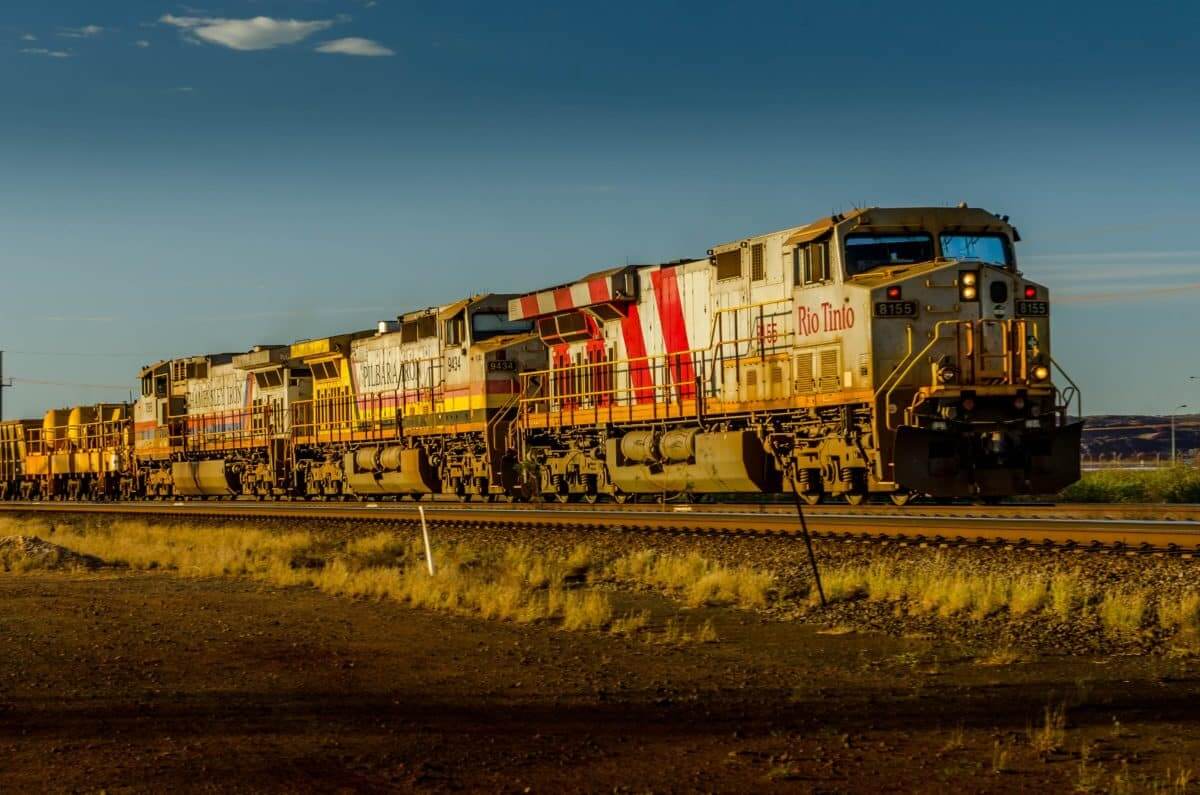
As China’s demand increases, iron ore prices rise
China presently supplies 98 percent of the world’s demand for rare earth minerals and is highly rich in these minerals. China also produces large amounts of most other metals and iron ore. Due to its size, much of China’s territory is still unexplored and undeveloped.
Today iron ore prices reached two-week highs, continuing a rise in anticipation of increased demand for the steelmaking component due to increasing profits at Chinese steel mills and Beijing’s backing of the country’s faltering domestic real estate market.
Because it is of good grade China buys iron ore from Australia. They send it via a ship which is a relatively cheap means of transportation. Australia also has a little steel industry that doesn’t use up much of the country’s iron ore supply. Consequently, they have a lot of ore to sell. Russian iron ore often has a lower grade since the high-grade areas of the deposits may run dry by the mines’ long-term operation. The majority of its ore is consumed domestically in Russia and Europe, which both have sizable steel factories.
After reaching its highest price since begging of this month at $110.8 earlier in the session, the most traded iron ore for September delivery on China’s Dalian Commodity Exchange closed daytime trade 5.6 percent higher at $110.8 per ton.
Iron ore prices
Iron ore’s front-month August contract on the Singapore Exchange increased 5.7 percent to $111.40 a ton. Following news that top steel producer China will establish a rescue fund worth up to 300 billion yuan for real estate developers suffering from a debt crisis in an effort to rebuild industry confidence, sentiment has improved.
According to Chinese metals intelligence provider SMM, there was also growing speculation that Chinese steel mills were getting ready to restart some of their idled blast furnaces. This happening as early as next week in order to enhance output as stockpiles fell and earnings rose.
The price of iron ore in Dalian has increased by roughly 15% from its seven-month low on July 20, while the price of it on the Singapore Exchange has increased by 16% since its eight-month low on July 18, when news from China of mortgage payment boycotts on unfinished homes alarmed investors.
However, it is still unclear whether iron ore’s gains will last. Hot-rolled coil and construction steel rebar both saw increases on the Shanghai Futures Exchange of 0.3 and 0.5 percent, respectively. Stainless steel increased by 0.4%. Coke and Dalian coking coal both saw gains of 0.7 percent and 1 percent, respectively.
Steel and iron are required in large quantities for China’s industrial and infrastructure projects. And the steel sector itself has given Chinese society tens of thousands of jobs. Despite having a large number of deposits, China’s iron ore is of poor grade and has a low level of purity. This will have an impact on the quality of steel smelting at the current technological level. China must therefore purchase high-quality iron on a massive scale from elsewhere.




